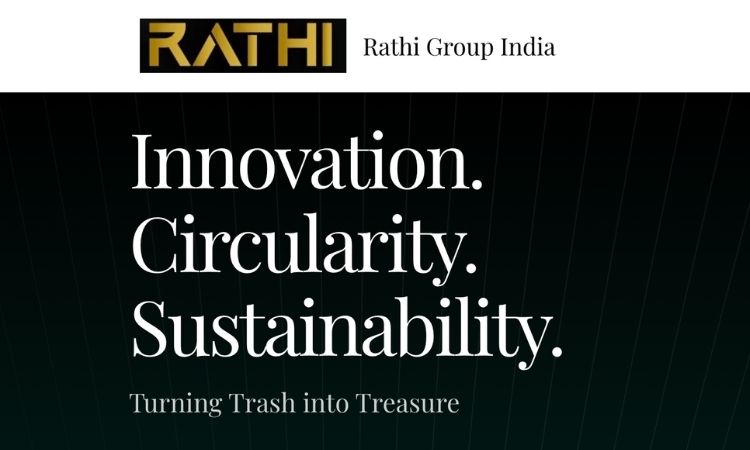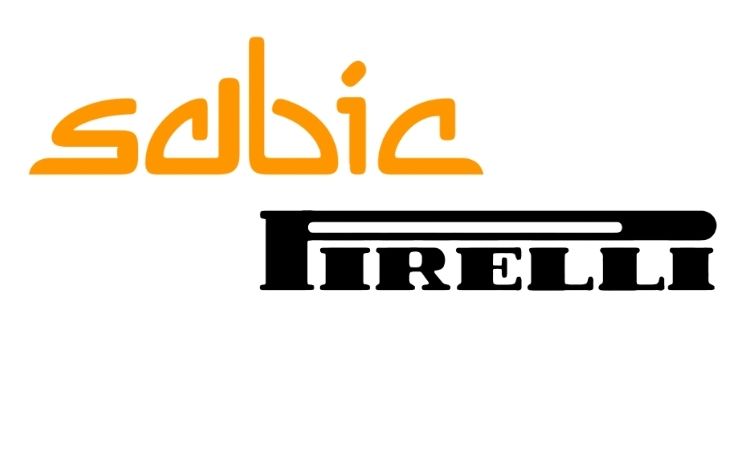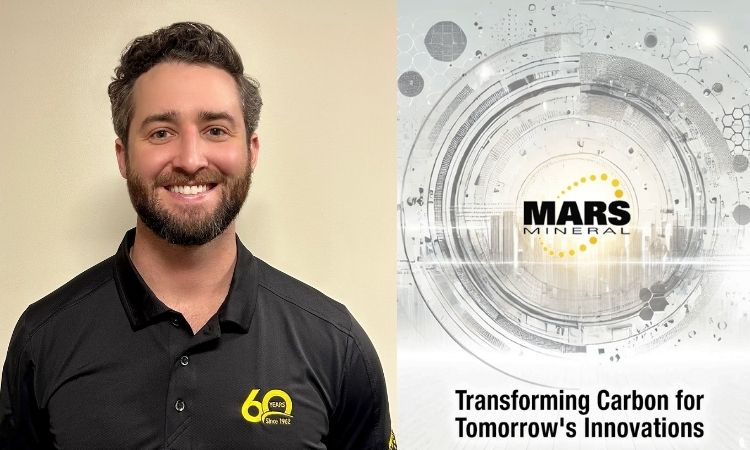Wastefront partners with Gateway Resources for end-of-life tires supply
Wastefront AS, a waste tire recycling company based in Oslo, has announced an agreement with Dubai-based tire company Gateway Resources that guarantees the complete supply of end-of-life-tires for Wastefront’s Port of Sunderland plant.
“Our agreement with Gateway Resources is a key part of our mission, tackling the scourge of ELTs at scale and pace, whilst creating a truly circular economy in tandem,” says Vianney Valès, CEO of Wastefront. “We cannot continue with our dependency on new and scarce materials whilst continuing to burn existing materials with devastating and immediate environmental consequences. To solve the problem, Wastefront is proposing a solution that is both circular and at scale.”
Backed by energy giant Vitol, Wastefront secured planning permission in January 2022 to build the £100 million tire recycling plant in Sunderland, which is set to be commercially operational by 2024. Once at full capacity, the plant will be able to manage 20% of the UK’s total end-of-life-tires through processing 80,000 tonnes annually, with Gateway Resources to supply Wastefront with nearly 10 million tires every year.
This figure corresponds to a substantial volume of the total tires that are currently exported from the UK abroad yearly. This announcement will play a crucial role in eliminating the UK’s waste tires export altogether, by creating a local solution to a global problem. With contracts already in place with some of the largest end-of-life-tire processors and aggregators across the UK, Gateway Resources will work in conjunction with key suppliers to supply end-of-life-tires to Wastefront.
Wastefront says the announcement also paves the way for overdue domestic progress on cement kiln burning. Though the burning of end-of-life-tires in cement kilns was a step forward for the U.K., creating crucial supply chains for end-of-life-tires, it remains one of the most polluting forms of manufacturing. This is because burning tires in cement kilns pollute the air with dangerous chemical particles, aromatics and CO2.
Wastefront is going to use commercial operating technologies to convert the end-of-life-tires received from Gateway into useful commodities, including biofuels and recovered carbon black. These are then reintroduced into the supply chain and utilised in processes such as alternative fuel or raw materials for the production of new tires or other products. In particular, Wastefront’s recovered carbon black will result in an 80% reduction in total emissions – through its replacement of virgin carbon black in tire production – with key tire manufacturers already lining up to purchase this recycled material at source.
Following the supply agreement for the Port of Sunderland plant, Wastefront and Gateway have also signed a memorandum of understanding to work together toward implementing an additional ELT supply agreement for a potential Wastefront plant in continental Europe, which is under review.
“We have long been engaged with regulators to find a local, more sustainable solution, to replace our existing shipping routes for ELTs across the world,” says Soham Khemka, Gateway Resources director. “Wastefront is the first player to tackle the ELT problem at scale across Europe, with the significance of their plans having a massive impact on the industry. Wastefront is going head-on with the necessary evils of exporting waste, finally rendering it unnecessary and truly building a circular economy both at home and abroad.”
To read more about the topic, please proceed to Wastefront website.
Weibold is an international consulting company specializing exclusively in end-of-life tire recycling and pyrolysis. Since 1999, we have helped companies grow and build profitable businesses.









